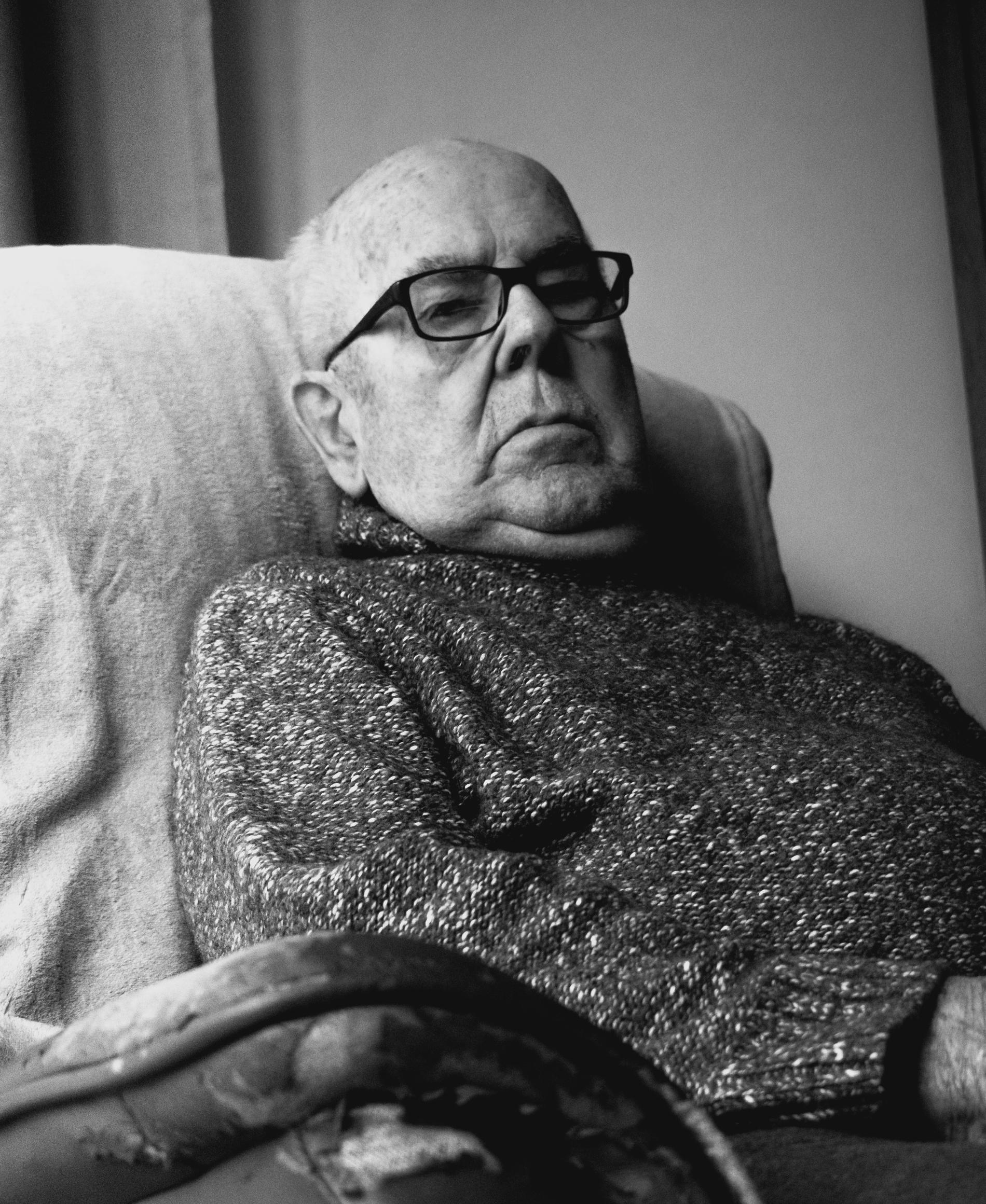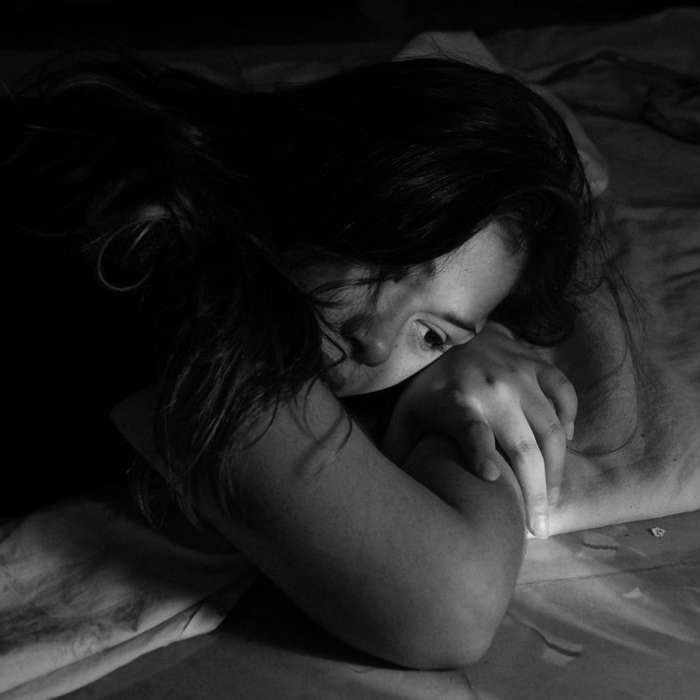Learn About Our Services
As the number of people diagnosed with mental health issues such as anxiety and depression rises to new highs, the need for medical services to treat them is growing too.
333 Therapeutics Consulting LLC is committed to finding effective treatments for different issues of children, youth and adults with emotional, behavioral, or mental health needs and their families
Follow





